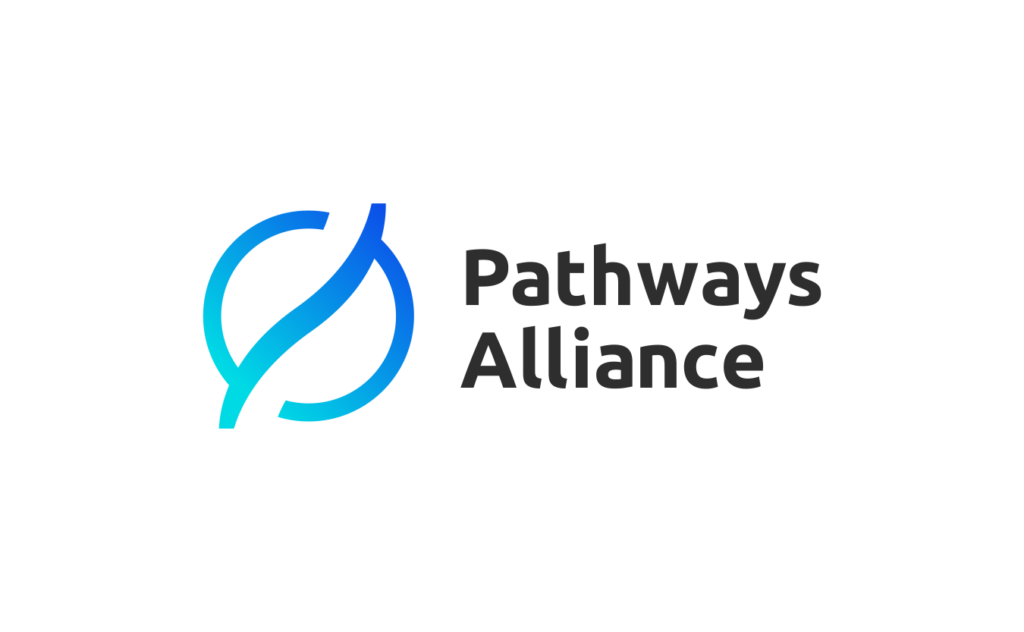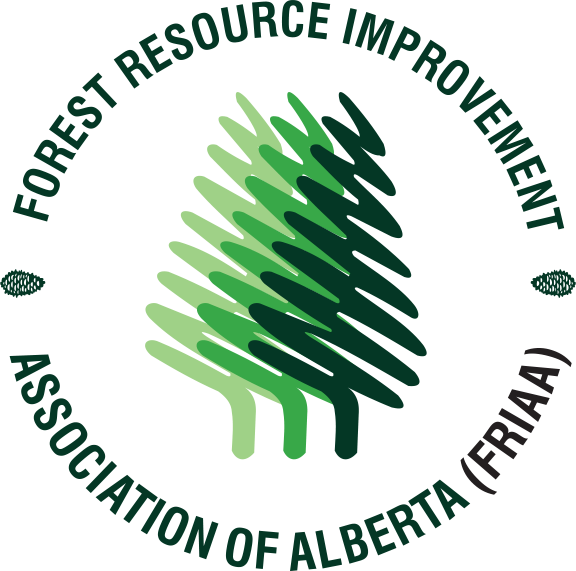For more than 35 years, Dr. Brad Stelfox has been a driving force in reshaping how Albertans and the world understand the cumulative effects of land use. A scientist, educator, and thought leader, Dr. Stelfox has dedicated his career to helping policymakers, industry leaders, and communities make informed decisions about environmental sustainability. His groundbreaking work has influenced land management across Alberta and beyond, ensuring a balance between development and ecological integrity.
Dr. Stelfox’s journey began with a passion for wildlife and ecology. Raised in Alberta, his early years spent hiking and in the back country. Hiking with his father while tracking caribou in Jasper National Park fostered a deep connection to the natural landscape.
After earning an undergraduate (Zoology) and doctoral (Wildlife Productivity) degree from the University of Alberta, he recognized a growing gap in understanding how land-use changes accumulate over time, transforming ecosystems in ways that were often unintended and irreversible.
Frustrated by the lack of tools available to track these impacts, he developed ALCES (A Landscape Cumulative Effects Simulator), an innovative modelling system that assesses how land uses, natural disturbance regimes, and people affect and interact with natural ecosystems and human-created landscapes. ALCES provides both historical reconstructions and future projections, allowing decision-makers to visualize potential environmental outcomes under different management scenarios. This tool has since been widely adopted by government agencies, Indigenous communities, conservation groups, and industry stakeholders, shaping early efforts of the Alberta’s Land Use Framework, regional watershed management strategies, and resource extraction policies.
Beyond research and modelling, Dr. Stelfox has made environmental education and public outreach a cornerstone of his work. He has delivered hundreds of presentations, published extensively, and mentored ecologists who now use ALCES and similar approaches to guide sustainable land-use practices across Canada. His dedication to empowering the next generation led to the creation of Alberta Tomorrow, a free version of ALCES that allows students to explore how land-use decisions impact the environment and economy. By making these tools accessible, he has ensured that young Albertans can engage with environmental issues in a meaningful, data-driven way.
Throughout his career, Dr. Stelfox has been a trusted collaborator with Indigenous communities, helping to quantify and communicate the impacts of land-use changes on traditional territories. His work has directly supported initiatives such as the Moose Lake Access Management Plan, which aims to protect Indigenous land use in northern Alberta, and watershed restoration projects that preserve water quality and aquatic ecosystems.
From advising industry on sustainable resource development to working with municipalities on urban growth strategies, Dr. Stelfox’s influence extends across forestry, energy, mining, agriculture, conservation, climate change, and municipal planning. His ability to bridge science, policy, and practical land management has made him an indispensable voice in shaping Alberta’s environmental future.








